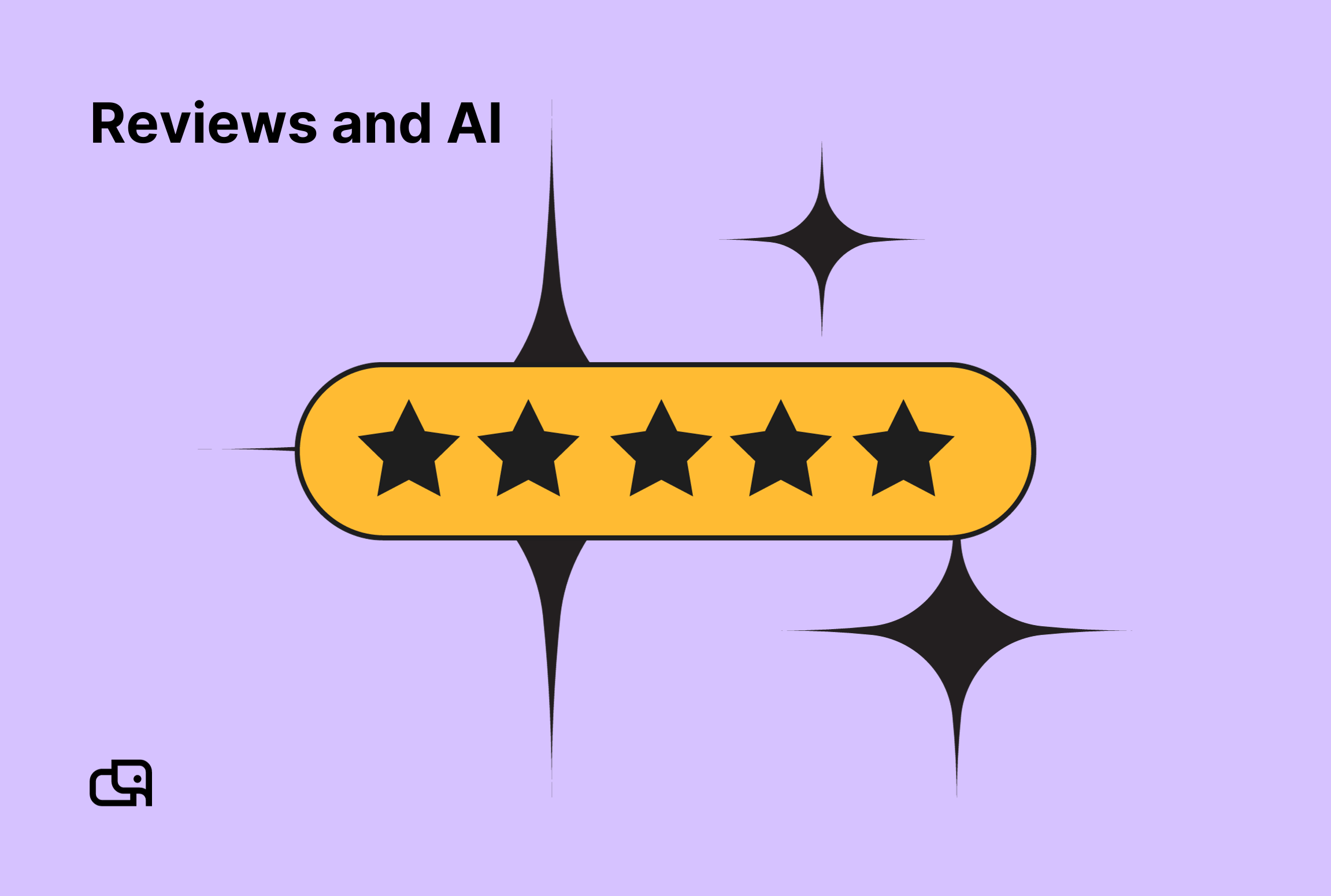How To Analyze Yelp Customer Reviews With AI?

In the digital age, customer reviews are the lifeblood of any business. They provide valuable insights into customer preferences, experiences, and expectations. Yelp, a popular platform for customer reviews, is a goldmine of such insights. But how can we effectively analyze this vast amount of data? The answer lies in Artificial Intelligence (AI).
Understanding the Power of AI in Review Analysis
Artificial Intelligence, or AI, is a branch of computer science that focuses on creating intelligent machines capable of performing tasks that would normally require human intelligence. These tasks include learning, reasoning, problem-solving, perception, and language understanding. In the context of analyzing Yelp reviews, AI can be a game-changer.
According to a study by the Harvard Business School, a one-star increase in Yelp rating leads to a 5-9% increase in revenue. This statistic highlights the importance of understanding customer feedback on platforms like Yelp. AI can help businesses analyze these reviews in a more efficient and accurate manner, leading to better business decisions and improved customer satisfaction.
AI and Natural Language Processing
One of the key components of AI that makes it so effective in analyzing customer reviews is Natural Language Processing (NLP). NLP is a subfield of AI that focuses on the interaction between computers and humans through language. It enables machines to understand, interpret, and generate human language in a valuable way.
When applied to Yelp reviews, NLP can help businesses understand the sentiment behind the reviews, identify key themes, and even predict future customer behavior. For example, a study by the University of Illinois at Chicago found that NLP algorithms could accurately predict whether a Yelp review was positive or negative 78% of the time.
How to Analyze Yelp Reviews with AI
Now that we understand the power of AI in analyzing Yelp reviews, let's dive into the process. The first step is to gather the Yelp reviews. Yelp provides a public API that developers can use to access business reviews. Once the reviews are gathered, they can be processed using various AI techniques.
Step 1: Gathering Yelp Reviews
Yelp's API provides a wealth of data about businesses including location, ratings, and reviews. To gather reviews, you'll need to create an application on Yelp's developer platform and get an API key. This key will allow you to make requests to Yelp's API and retrieve review data.
When gathering reviews, it's important to consider the scope of your analysis. Do you want to analyze reviews for a single business, a specific industry, or a particular geographical area? The scope of your analysis will determine the parameters you'll use when making requests to Yelp's API.
Step 2: Preprocessing the Reviews
Once the reviews are gathered, they need to be preprocessed. This step involves cleaning the review text, removing irrelevant information, and converting the text into a format that can be analyzed by AI algorithms. Common preprocessing steps include tokenization (breaking the text into individual words), stop word removal (removing common words like 'the', 'is', 'at'), and lemmatization (reducing words to their base form).
Preprocessing is a crucial step in the analysis process. It ensures that the AI algorithms can accurately interpret the review text and extract meaningful insights.
Step 3: Analyzing the Reviews
With the reviews preprocessed, they can now be analyzed. There are various AI techniques that can be used to analyze Yelp reviews. One of the most common techniques is sentiment analysis. This involves determining the sentiment (positive, negative, neutral) of the review text.
Another common technique is topic modeling. This involves identifying the key themes or topics in the review text. For example, if a business has a lot of reviews mentioning poor customer service, this would be identified as a key theme in the analysis.
These techniques can provide valuable insights into customer sentiment and preferences. They can help businesses identify areas of strength and weakness, and make informed decisions to improve customer satisfaction.
Challenges and Solutions in Analyzing Yelp Reviews with AI
While AI provides a powerful tool for analyzing Yelp reviews, it's not without its challenges. One of the main challenges is the complexity and variability of human language. Sarcasm, irony, and cultural references can all make it difficult for AI algorithms to accurately interpret review text.
However, advances in AI and NLP are helping to overcome these challenges. Techniques like deep learning and neural networks are improving the accuracy of sentiment analysis and topic modeling. Additionally, the use of context-aware NLP algorithms can help to better understand complex language constructs like sarcasm and irony.
Another challenge is the sheer volume of reviews on platforms like Yelp. Analyzing such a large amount of data can be time-consuming and computationally intensive. However, cloud-based AI solutions can help to scale the analysis process and make it more efficient.
Conclusion
Customer reviews are a valuable source of insights for businesses. They provide a direct line to customer sentiment and preferences. By leveraging the power of AI, businesses can analyze these reviews in a more efficient and accurate manner. This can lead to better business decisions and improved customer satisfaction.
While there are challenges in analyzing Yelp reviews with AI, advances in AI and NLP are helping to overcome these challenges. With the right approach and tools, businesses can unlock the full potential of customer reviews and use them to drive growth and success.


.png)
